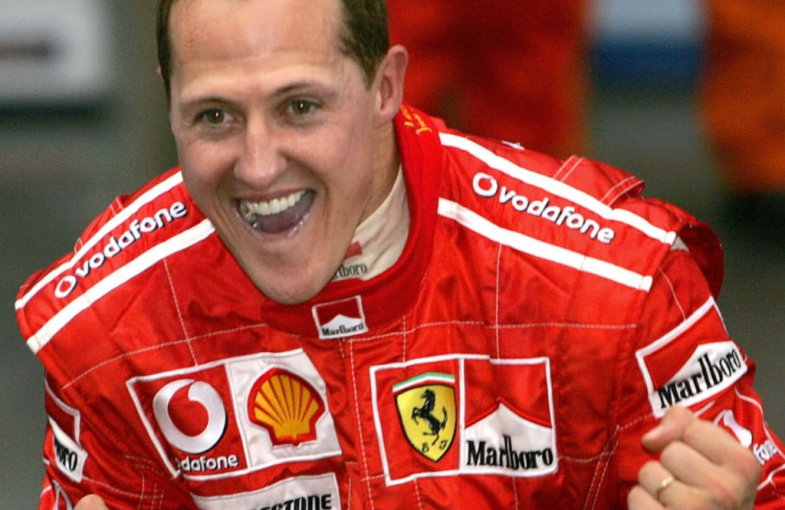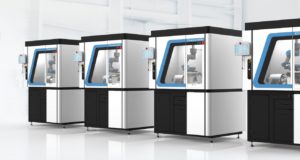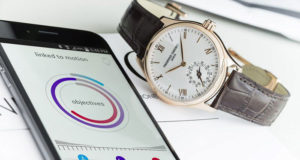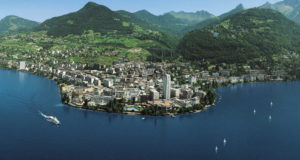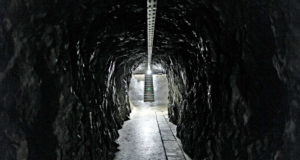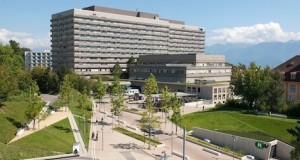
University hospital of Lausanne. Photo CHUV
Michael Schumacher was conscious and had his eyes open when an ambulance transported the Formula One race driving legend to the Lausanne university hospital (CHUV) from Grenoble, France on Monday, a Swiss newspaper says.
The ambulance was operated by Sanitätoberwallis, a company based in Visp in the canton of Valais, the Blick newspaper reported online on Wednesday.
“I can confirm that we carried out the drive to transfer (Schumacher) on Monday,” Matthias Volken, medical superintendent of the company, told the newspaper.
Volken declined further comment.
Blick reported that the crew who picked up Schumacher, 45, from Grenoble were not told ahead of time who the patient was.
After 170 days in the Grenoble hospital, where he was put into a coma to deal with head injuries from a skiing accident at the Méribel resort in the French Alps in December, Schumacher has apparently lost a lot of weight, Blick said.
But he was conscious during the 200-kilometre trip in the ambulance and communicated with the crew by nodding his head, the newspaper said.
His eyes were open for long periods during the trip.
International media descended on the CHUV hospital earlier this week after news emerged of his transfer there.
Schumacher’s spokeswoman Sabine Kehm said in a statement that the seven-time F1 world champion was no longer in a coma.
Kehm said that he had left Grenoble “to continue his long phase of rehabilitation”.
Schumacher’s family issued a statement on his official website to thank well-wishers.
“We would like to thank all the people who wish Michael well for their positive energies,” the message says.
“We are sure they had helped him already.”
Medical experts have suggested Schumacher faces a difficult road ahead, with one Swiss expert predicting he will remain an invalid for the rest of his life.
However, precise information about Schumacher’s condition remains a well-guarded secret.
Bild, the German tabloid, reported earlier that the former race driver has “interacted” with members of his family and doctors.
The newspaper reported, however, that the 1.74-centimetre tall Schumacher has lost 20 kilograms and now weighs around 55 kilograms.
Schumacher’s move to Lausanne brings him close to his home in the town of Gland, located between the Vaud capital and Geneva.
In March, reports indicated that his wife, Corinna Schumacher, was building a 15-million-franc medical suite at the mansion on a waterfront estate overlooking Lake Geneva.
State-of-the-art neuroscience research
Lausanne’s university hospital combines state-of-the-art neuroscience research and specialist care for brain injuries.
Its interdisciplinary department is led by Professor Richard Frackowiak, a brain-imaging expert and former dean of the Institute of Neurology of University College London.
The department’s research centre is a key part of the Human Brain Project, a Europe-wide programme that aims to create a super-computer model of the brain to chart paths in neurological research.
“This project is something that adds to our knowledge and enables us to make good choices for who should deal with the clinical issues of our patients,” Frackowiak told AFP.
The CHUV, which often cares for VIP patients, has set aside a special area for Schumacher but has otherwise kept details of his care under wraps.
But apart from that, it’s business as usual, said Frackowiak.
“It’s not a question of treating a man who had a fall in his workshop any differently from someone who is known around the globe,” he said.
“Each patient is treated according to the best of our abilities and the best of our thinking.”
The CHUV’s specialists have also developed special treatment methods for comatose patients, such as stimulation for all five senses, mobility and brain activity.
Robots are used to put patients in an upright position and help move their limbs, reducing the impact of being bed-ridden, while those emerging from a coma have access to a therapeutic garden in the heart of the hospital.
by Malcolm Curtis
Source: The Local

